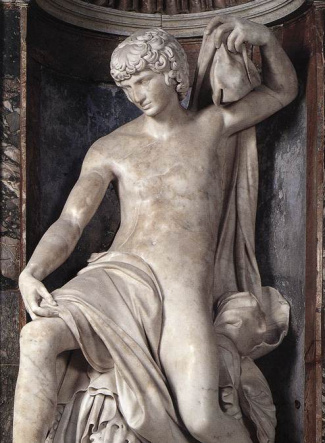Jonah's book is in the second of three divisions of the Old Testament. This division, called "the Prophets," comes after "the Law" (the first five books of most Bibles) but before "the Writings."
Date Written, Location
The book of Jonah is the first, chronologically, of the twelve Minor Prophets to write. He penned his book late in the eighth century B.C. in 798 B.C., 75 years before the Assyrians would conquer the Kingdom of Israel.
[Map of Where Nineveh Was Located]
Jonah's book, although the events take place primarily in Nineveh, was written in Israel.
The Author
Jonah, whose name means "dove," lived in Gath-hepher in the northern part of the Kingdom of Israel (2Kings 14:25). Other than the name of his father being Amittai, the Bible is silent regarding his personal life.
[Map of Neo-Assyrian Empire at its Peak]
Time Period, Background
The Neo-Assyrian Empire, which immediately preceded that of the Babylonians, came to prominence as a world power around 884 B.C. When Jonah wrote his book the empire's power and territorial expansion was continuing an upward trend. The city of Nineveh, though huge, did not become the recognized capital of the empire until 705 B.C.
Jonah Chapter Outline
Chpt. 1: God calls Jonah to visit Nineveh, a major city of the Assyrian Empire, to warn it about their wickedness. The prophet, instead, travels in the opposite direction to get on a ship to flee from God. After a storm threatens the ship with destruction the seamen aboard determine Jonah is the cause.

The prophet, after admitting to the seamen their peril is caused by him, has the men throw him overboard. He is then swallowed by a great fish for three days and three nights.
Chpt. 2: Jonah's prays to God from the belly of a great fish. He is then vomited out on dry land after three days and three nights.
Chpt. 3: The Lord's charges the prophet a second time to warn Nineveh. Jonah travels to the city and starts warning the people. Those in Nineveh believe his message, humble themselves, and cry out to God that he will change his mind and spare the city. The Lord sees the mourning of those in Nineveh, and their actions to turn away from their evil ways, and decides not to destroy them.
[God's Great Mercy in the Bible!]
Chpt. 4: The prophet Jonah, in spite of God's mercy toward the Nineveh pagans, gets angry at the Lord. After he prays to be killed the Lord tries to teach him a lesson in mercy through a gourd.